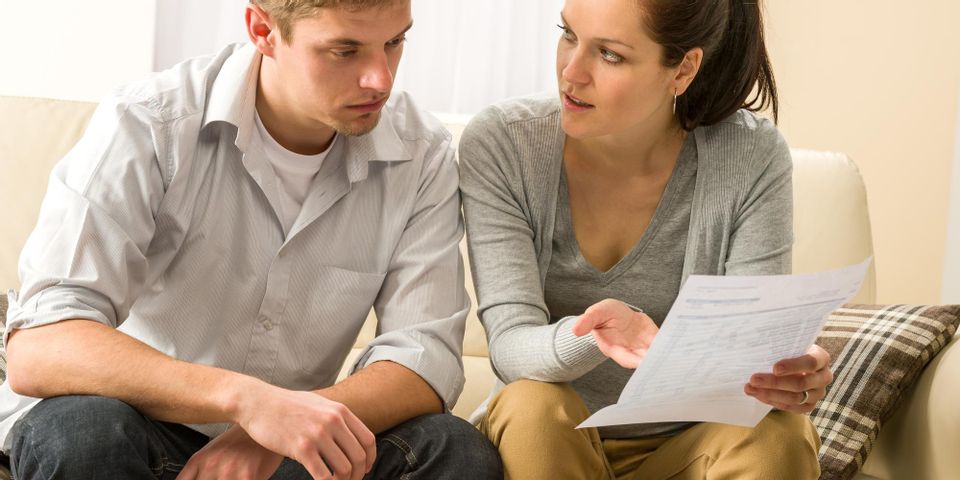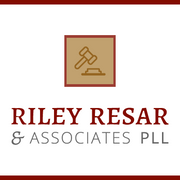
Mounting debt can make it challenging to pay balances while still having money to cover daily necessities. Filing for Chapter 13 bankruptcy could offer a light at the end of the tunnel, as it gives individuals a chance to reorganize debts into manageable payment plans. Below are answers to common questions about Chapter 13 bankruptcy to help you familiarize yourself with this procedure before meeting for a consultation with your attorney.
A Guide to Chapter 13 Bankruptcy
Who files for Chapter 13 bankruptcy?
The U.S. Bankruptcy Court uses the means test to determine which type of bankruptcy a person should file for. An individual’s income for the past six months is compared to the amount of debt they owe.
People who file for Chapter 13 generate enough income that a reorganization of their finances makes it possible to pay back creditors. Unsecured debt, such as credit cards and medical bills, must be less than $394,725. Auto loans, mortgages, and other secured debts must total less than $1,184,200.
What happens during a Chapter 13 bankruptcy case?
With Chapter 13 bankruptcy, debtors are expected to put a portion of their monthly income into paying back creditors. An attorney helps prepare a reorganization plan to submit to the court for approval. This plan outlines which assets should have bankruptcy protection.
 A lawyer will help gather the list of creditors and balances on each account, as well as information regarding sources of income, properties owned and leases held, tax details, and an outline of monthly living expenses. Individuals are given three to five years to pay back the debt. The money is given to creditors through a trustee assigned to the bankruptcy case.
A lawyer will help gather the list of creditors and balances on each account, as well as information regarding sources of income, properties owned and leases held, tax details, and an outline of monthly living expenses. Individuals are given three to five years to pay back the debt. The money is given to creditors through a trustee assigned to the bankruptcy case.
Which debts are discharged, and which aren’t?
There are non-priority, unsecured debts that can be discharged with a Chapter 13 filing. Some include balances on credit card debt once the payment plan is finished.
Medical bills not covered by insurance, personal loans not backed by collateral, and tax balances from previous filing years are also discharged. Alimony, child support, and current taxes owed must still be paid.
What happens to joint debt?
If there are two individuals named on an unpaid account, how the debt is incorporated into the payment plan determines what actions a creditor can take during bankruptcy proceedings. If the plan requires the debt to be paid in full, a creditor cannot reach out to co-signers for the funds. If only part of the debt is paid through the payment plan, a creditor can contact the other person on the joint account for the remainder.
For help filing for Chapter 13 bankruptcy, turn to the attorneys at Riley, Resar & Associates, P.L.L. in Lorain, OH. These counselors are knowledgeable in bankruptcy law and have been helping clients throughout northern Ohio navigate their debt relief options since 1984. Learn more about this legal team online, and call (440) 244-5214 to see how they will put their years of experience to work for you.
About the Business
Have a question? Ask the experts!
Send your question

